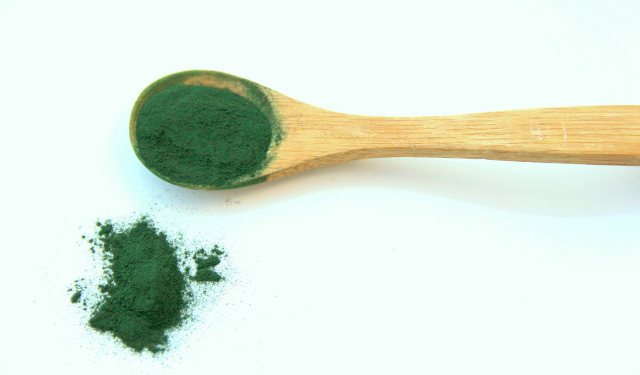Microalgae: an efficient source of food – In an article recently published in the journal Frontiers in Nutrition, the authors present their case for the use of microalgae as a source of food and biofuel. The article examines the current scientific literature on microalgae, a generic term for the thousands of species of microscopic algae and other photosynthetic organisms present in various aquatic environments.
The study, as explained by one of the authors, Peter Rejcek, highlights current technologies for the development and commercial cultivation of microalgae, as well as the scientific and economic problems for large-scale production. Although microalgae have traditionally been used as a source of biofuel, researchers are currently also evaluating their potential as an efficient source of food.
“Many of us have known for years the potential of algae as food but now, with climate change, deforestation and a population of eight billion people, it is clear that the world must become more efficient in protein production,” said study co-author Stephen Mayfield.
A 2014 study cited in the article by Mayfield found that algae can annually produce 167 times more useful biomass than corn using the same amount of land. Other models predict that current varieties of algae could potentially replace 25% of Europe’s protein consumption and 50% of total vegetable oil consumption when grown on land not used for traditional crops.
“The biggest advantage is protein production per acre,” noted Mayfield. “Algae far surpass the current gold standard of soy with at least 10 times, maybe 20 times, more production per acre.” Additionally, some species of algae can be grown in saltwater or brackish water and in at least one case, in dairy waste, meaning that freshwater can be reserved for other uses. Nutritionally, many species of algae are rich in vitamins, minerals, and especially in macronutrients essential for the human diet, such as amino acids and omega-3 fatty acids.
The challenge is to create the best algae variety for human consumption
The challenge is to create the best algae variety for human consumption. Challenges include research and development of algae varieties that meet all requirements: high biomass yields, high protein content, complete nutritional profile, more efficient growing conditions in terms of land and water use, and nutrient inputs. Then modifications to color, taste, and reducing the fishy smell might be necessary to convert some consumers to consumption.
The major obstacle for commercial development, as emphasized by Mayfield, is not necessarily scientific, technical, or nutritional but rather economic and regulatory.
Microalgae: an efficient source of food








